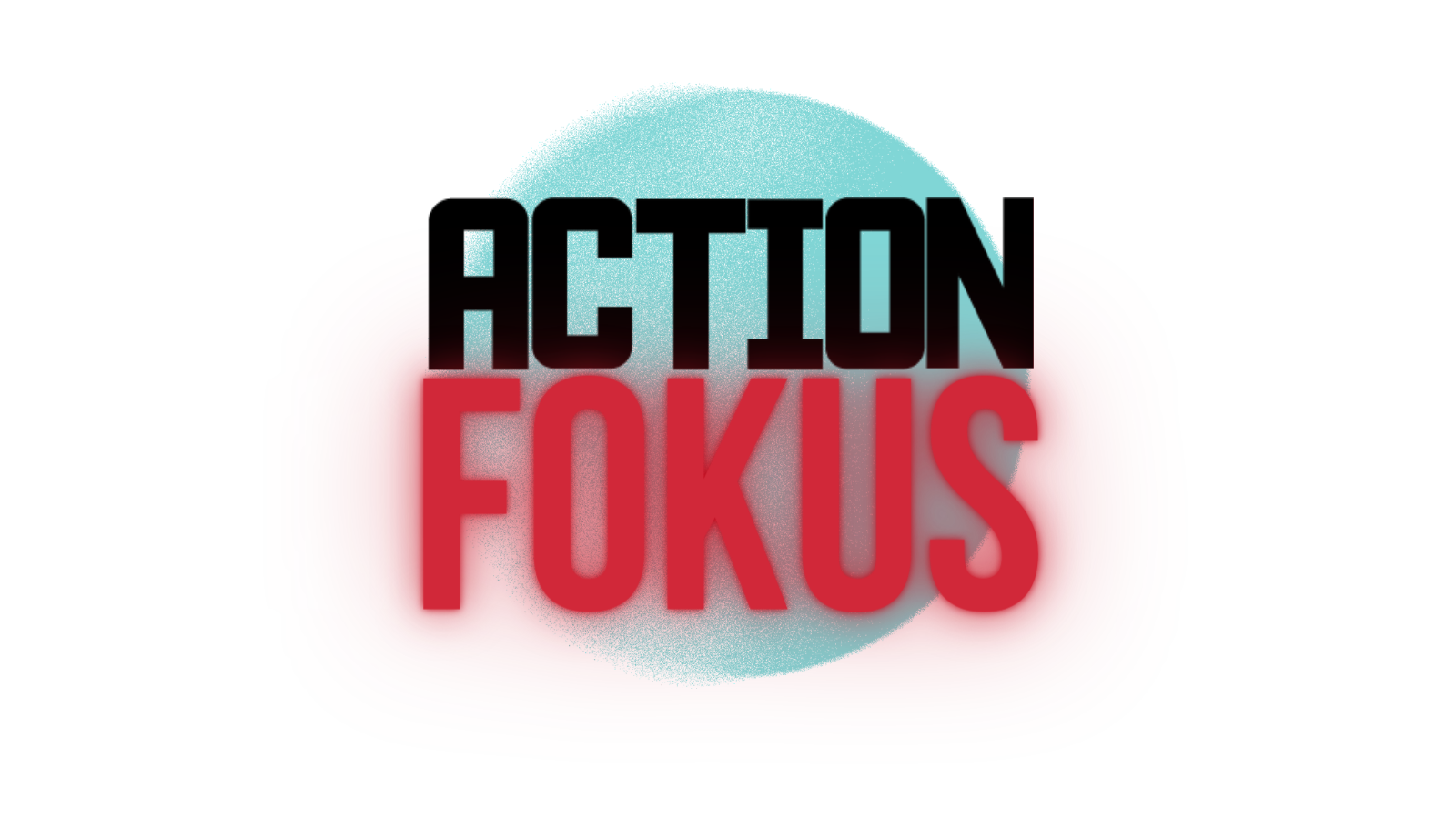
To further support Action Books’ growing community of writers and readers, we’ve decided to launch a new initiative on the Action Books Blog. Selected by our editorial staff, a recurring series called Action Fokus will highlight excerpts from 12+ radical manuscripts submitted by poets and translators during our 2022 Open Reading Period. Today we are featuring excerpts from José Carlos Agüero’s Enemigo translated by Alonso Llerena.
Enemigo is Jose Carlos Agüero’s second collection of poems, published in 2016 in Lima, Peru. In Enemigo, language strays from the cannibalistic just enough to question the hierarchies of death. Jose Carlos Agüero’s poetry addresses memory as a joint exercise felt in every part of our bodies. His words ask us to consider memory as not just remembering, claiming, reacting, or moving but also as a meditation. Nothing should escape our scrutiny, especially our assumptions and our language.
From the first poem in the collection, “Inventory”:
III
from all the faceless animals that stare me down
I created an inventory
there are spiders that walk over my door
when my nightmare nearly ends
& they enter my mouth
& I tell truths that envenom me without killing me
there’s my dog dispersed over a field
her bloated body departs in the mouths of rats
are there parts of the body that are indispensable?
what pieces are necessary to form someone?
mannequin dog, my dream dogs
seafaring dog that drowns with her body
my dog is the last of her race because she is the first that does not exist
from her empty eye sockets, she stares at us
mine no longer
because to write about dogs or infinity
is a variation of a dead language
IV
from all the faceless animals that stare me down
I created an inventory
there’s my dog washing his tongue in the river
an entire ravenous river running
to carry my dog’s blood
my dog made a hole in the corner of my door
to swiftly defend our land
not to loiter in a river
my dog does not understand
why he sinks in this filth
the river grows at his side licking his neck
in memory, someone licked his wounds
a woman used to say my dog’s name
it was a warname
my dog does not awaken
does not fight
the river embraces him
cradles him
as your arms
tomorrow he will appear
entangled in a cardboard island
never again the color of mud
a place for Lima flies
to take off
From the third poem in the collection,”Lineage”:
III
in his dreams
a voice directs my father: you must lose
that side of your face
the crime
combats over a body
until it creates a new one
just at the dream’s end
my father wants to transform into a butterfly
but his burnt stench
limits his skin to another metamorphosis
IV
his borders broken
his body dispersed into everything
my father is not ash
not dust
not the animals that feasted on him
I will search for his eyes
within them, time survives immune
frozen in fright
his last enemy
V
she has a particular manner she sinks inland
so natural the land does not notice
she dissipates
she is not herself but she is becoming her past
& in this past no single memory is particular
so I lay down at her side
to wait for the animals to do their job
& turn us once again into
humid remains
so we may hug again
VI
my mother
before she died
sunk her hands into her wound
& pulled her son out from within
surrounded by flies
we let time consume him
but he will be slow to dry up
he does not cry
his blood
is doused
outside his body
he does not look like anyone
we have seen before
he is a stain I cannot spell
illiterate flesh
born without a face
extinguished eyes
will have no memory of us
VII
from her mouth
thousands of butterflies are born without eyes
they lose themselves in a salted cloud sky
she scratched her skin against the rocks
& in the forgetfulness of the world
she found happiness
VIII
before she died
my mother sunk her face in the mud
she opened her eyes and said:
I don’t see you-traitor
José Carlos Agüero (author) (Lima, 1975): historian and writer. Researcher on issues of political violence and historical memory. He collaborated with the work of the Truth and Reconciliation Commission, the National Coordinator of Human Rights and the Place of Memory, Tolerance and Social Inclusion. He has published—among other texts related to disappearances, political violence and public education in Peru—the essay Los rendidos: “Sobre el don de perdonar” (IEP, 2015), the poetry book Enemigo (Intermezzo tropical, 2016), the set of stories Cuentos Heridos (Lumen, 2017), and Persona (FCE 2017), published by Fondo de Cultura Económica that was awarded with the 2018 National Prize for Peruvian Literature in the Non-fiction Category. In 2021 he published the essay “Cómo votan los muertos” (La Siniestra 2021) and the English translation: The Surrendered: Reflections by a Son of Shining Path (Duke University Press 2021).
Alonso Llerena is a Peruvian writer, visual artist, and educator. He has earned an MFA from Bard: Milton Avery Graduate School of the Arts. His current work explores the interconnection between the poetics of exile and the poetics of the remains. His words cling to concrete materiality of trace, ruins whether physical or ingrained in memory. He is a Tin House alumnus and has received fellowships from The Martha’s Vineyard Institute of Creative Writing and Brooklyn Poets. His work has appeared in Prairie Schooner, The Offing, FENCE, Cream City Review, and elsewhere.